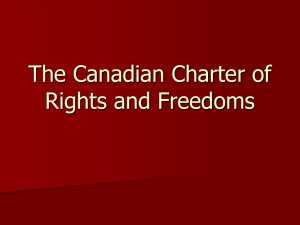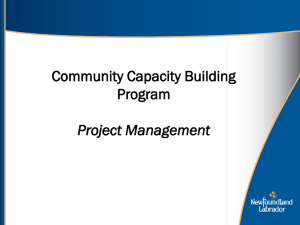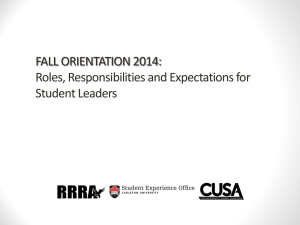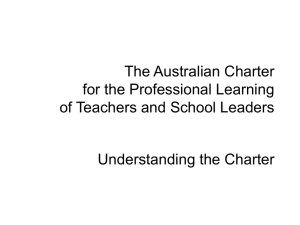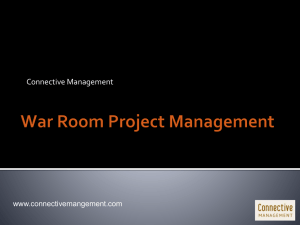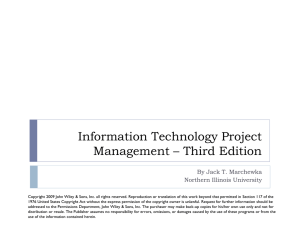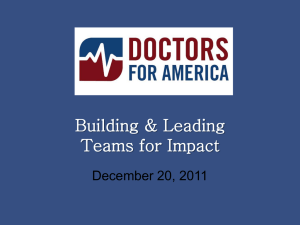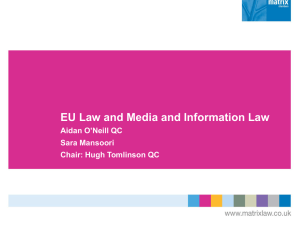The Privatization Movement
advertisement
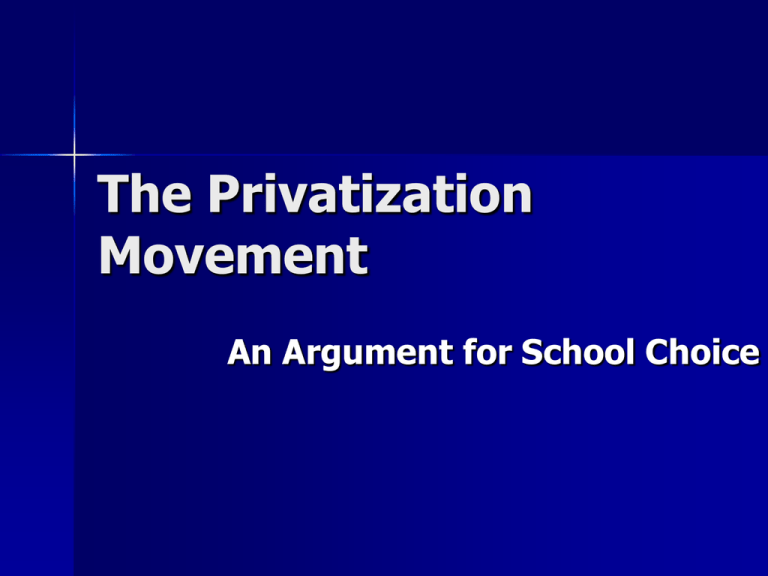
The Privatization Movement An Argument for School Choice CHARTER SCHOOLS Independent, public schools “A 'charter school' means a public, nonsectarian, nonreligious, nonhome-based, nonprofit corporation forming a school which operates within a public school district, but is accountable to the local school board of trustees of that district, which grants its charter.” Charter granted by local, state, or national government Usually have a specific “focus” Outcome based Varying research on effectiveness http://www.myscschools.com/offices/ssys/alternative_education/charter_schools/lawnew.htm CHARTER SCHOOLS Q: Why do we have charter schools? A: To promote school choice as well as explore innovative, creative methods of teaching and learning. CHARTER SCHOOLS Q: Are charter schools part of the school system? A: Yes. Charter schools are considered public schools and are part of the local district in terms of the state law and state constitution. -Health, Safety, Disability -Minimum Attendance -Up to 25% of teachers can be noncertified CHARTER SCHOOLS Q: How are students admitted? A: In South Carolina, the student population of a charter school must be representative of the district or target population. If there are more applicants than space, a drawing will be held. CHARTER SCHOOLS Q: How are charter schools started? A: Three steps: 1. Organize a nonprofit charter school proposal. 2. Form a charter committee (including teachers). 3. Submit written proposal to local district school board. CHARTER SCHOOLS Q: Do students in charter schools have to take standardized tests? A: Yes – at least in most states including South Carolina. FOR-PROFIT SCHOOLS Two Types: 1. School that operates as a business and attempts to make a profit from its educational operation. The school receives a fee for each student it enrolls. (Edison Schools) 2. Educational management organization (EMO) that contracts with school districts and charter schools to operate public schools. (Education Alternatives, Inc.) http://www.ncspe.org/publications_files/For-Profit%20Schools-FAQ.pdf FOR-PROFIT SCHOOLS Advantages Disadvantages • Greater Efficiency • Lack of Knowledge • Increased Competition • Misguided Focus • Responsive to “Clientele” • Eliminated Services • Encourages Innovation and Creativity • Added Costs National Center for the Study of Privatization in Education http://www.ncspe.org/publications_files/For-Profit%20Schools-FAQ.pdf Your Thoughts… What impact do you think charter schools and for-profit schools have on traditional public education? Where do you see the trends in school choice moving in the next decade? Can you see yourself ever becoming involved in starting a charter school? Why or Why not?


